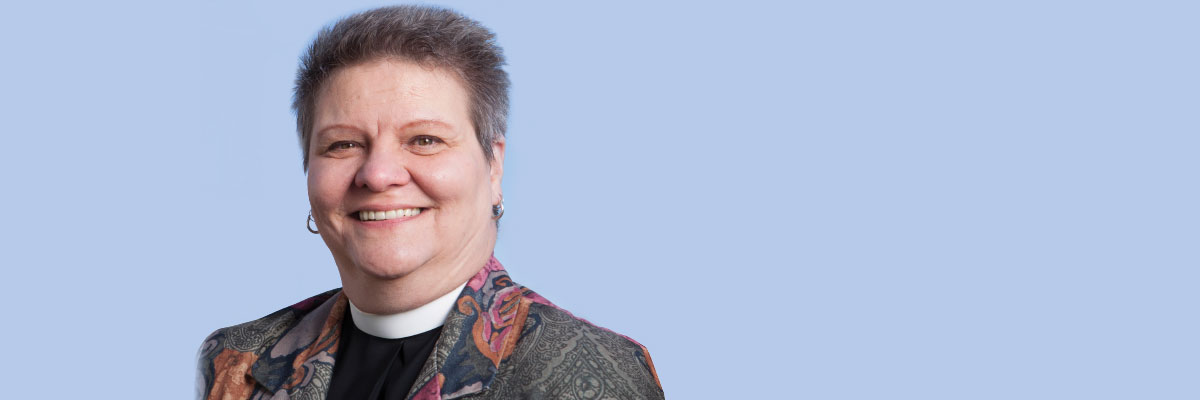Antioch residents’ ambitious plan to improve access to healthcare in their neighborhoods began in 2010 as a simple conversation at an HFNLC community forum. Among the neighbors who turned out that night were representatives from the local rescue squad, food pantry, state and local government, churches, and schools.
“Everyone had something to contribute, a story to tell about what wasn’t working,” says Pastor Ellen Arthur of St. Stephen Lutheran Church. “As we listened, we started thinking, ‘Is there a way to coordinate our efforts and our resources to better connect people to the health-related services they need?’”
At evening’s end, village trustee Mary Dominiak, a board member at HFNLC, asked if participants were interested in continuing the conversation. The result was Antioch Area Healthcare Accessibility Alliance (AAHAA), launched to identify and coordinate existing service providers and then plan and communicate a comprehensive quality healthcare access strategy for Antioch.
Two related issues came quickly to the forefront: the lack of transportation options and the shortage of local doctors, particularly specialists, to serve the area’s elderly, disabled, and uninsured.
With HFNLC funding, the group began work on a local needs assessment and strategic plan and hired a part-time community network nurse, Gloria Stevens. Stevens began work at the end of April; by June, she’d already referred, talked to, or worked with about 30 residents.
“She’s out there, she’s seen, people know who she is,” says Arthur. That visibility is important. Stevens’ job is not to provide medical care, per se, but to act as a health system navigator, answering questions about general health and about how to access healthcare services. She also provides community health education sessions and links individuals to available resources. School nurses and the Antioch Rescue Squad provide support and follow-up, depending on individuals’ needs.
“Navigation—knowing what’s out there and how to get it—is a big problem for the people we see,” says alliance member Marytherese Ambacher, executive director of OpenArms Mission, which operates a local community pantry.
As their knowledge of the community’s most pressing issues has grown, AAHAA has focused its efforts on addressing them. A coordinator plans and implements community activities to increase Antioch residents’ awareness of available services and programs. In 2015, AAHAA will add a part-time licensed clinical social worker to provide limited individual counseling and community mental health education sessions.
The organization is also working to ensure that its grassroots effort will continue to have an impact. With support from the Foundation, AAHAA has begun to develop a long-term financial plan that will identify potential public and private funding sources, design a local fundraising program, and outline the path to financial sustainability.
